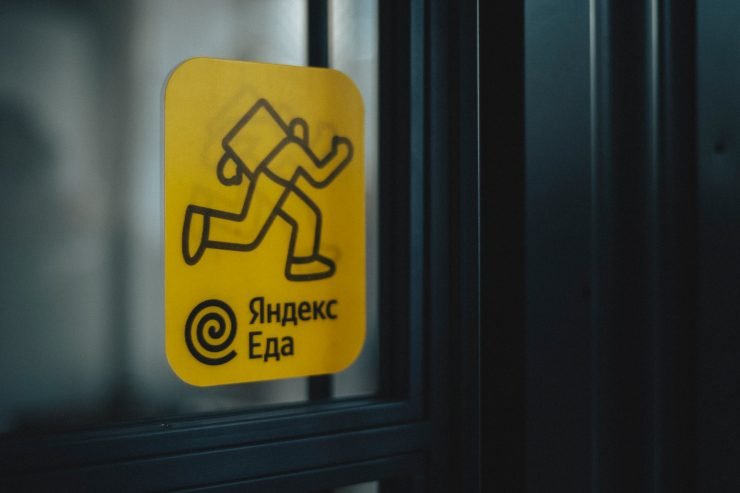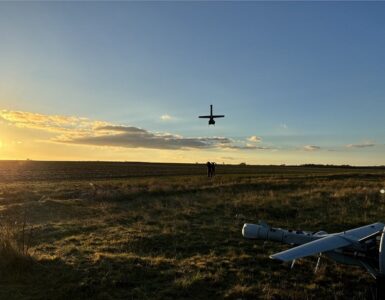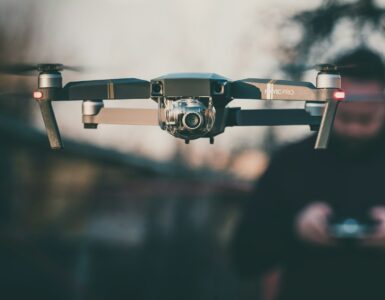YANDEX WATCH
Russian food delivery platform Yandex.Eda, a subsidiary of a tech giant Yandex, has doubled the fees paid to ‘ethical hackers’ hunting for bugs in its software, up to $30,000 for one bug. The company moved to better cybersecurity practices after an incident earlier this year when data of thousands of platform consumers were leaked and posted online. [Source: Yandex.Eda]
Yandex.Cloud, another Yandex subsidiary, designed a machine learning-based neural network capable of speaking 10 languages. It can be used for multi-languages voice assistants and robots for call centers. [Source: Habr]
Yandex will purchase the rights for using the digital books platform Bookmate in the Commonwealth of Independent State (CIS), uniting most of the former Soviet republics. The deal reflects Yandex’s long-held desire to add a digital books service to its ecosystem of media assets. [Source: Vedomosti]
STARTUPS
Mobile game development company Nexters fired nearly a quarter of its staff. The co-founder and CEO of Nasdaq-traded Nexters, which had an IPO in 2021, Andrey Fadeev cited inflation in key markets, the recent geopolitical tensions and an aggressive increase in staff last year as reasons for the decision. [Source: App2Top]
The accelerator Hackers Bridge has started the selection of startups of under-30 Russian-speaking co-founders from Russia and other countries. Up to 20 startups will get from $25,000 to $50,000 for tests, minimum viable products (MVP), and marketing. [Source: RB]
BANKS
USA’s Citigroup is reportedly negotiating a sale of its Russian business to local companies with Expobank and an insurance company RESO-Garantiya reported to be potential buyers. Though, Citi is going to keep a few operations running as well as a bank license. [Source: Financial Times]
France’s Tales, which delivers transaction protection and PIN-code verification solutions and technologies for 20 Russian banks, including majors Alfa, VTB, Rosselkhozbank, and Sber, is leaving Russia. Experts say that the banks will switch to Russia-made technologies within six months during which Thales is going to completely stop operations. [Source: Forbes]
INVESTMENTS
Russian software company red_mad_robot invested an undisclosed sum in the education platform OpenMind created by Maria Frolova, aged 19. OpenMind, valued at $4.7 million, helps students choose a career path. [Source: RB]
QLU, a startup focused on the production of oversensitive magnet sensors for medical purposes, raised $620,000 from Gazprombank. The money will be used to produce a device prototype for research of headaches and other types of neurological pathologies. [Source: VC.ru]
Russian state corporation Rostech presented the first Russian-made fast-charging station for e-vehicles. With total power of 150 kilowatts, it takes 20 minutes to charge 80% of a car’s capacity. [Source: Habr]
MEDIA
M. Video Eldorado will use a neural network for writing hi-tech news for its media M. Click, engaging a team of journalists for more complicated tasks. An editor will only need to give the network a theme and define a format, while the network will then provide a few versions of text. [Source: Sostav.ru]
An ad automation platform Adwisely, founded by Ukranians Pavel Matvienko and Vladimir Vorobey, raised $1.5 million from a pool of investors. The investments will be spent on the integration with advertising platforms that work with such social media as TikTok, Pinterest, and Twitter [Source: Adwisely]
CRYPTO
Russian cryptocurrencies miners’ revenue was estimated to be $626 million in the first half of 2022, with revenue for the whole year forecasted to be $964 million, Sk Fintech Hub consultancy calculated. Nearly 300,000 persons in Russia are engaged in mining of cryptocurrencies generating almost half of their profits by mining bitcoin. [Source: RB]
ELECTRONICS
Sales of laptops by Russian electronics retailer M. Video Eldorado increased by 10% in volumes to 1.4 million units and by 25% in value to $56 million in the first half of 2022 compared to the first half of 2021. The national laptop market with Chinese producers holding a stake of 30% has been stable over the first six months despite some disruptions in supplies and a drop in consumers’ activity. [Source: RB]
Kaluga, Russia-based Samsung plant producing TV sets and other household electronics has invented an interesting way to avoid the risk of being sanctioned. Finished products will be first transported to countries of the Eurasian Economic Union (Armenia, Belarus, Kazakhstan, Kirghizia) and then reexported to Russia under a so-called parallel imports program. [Source: Kommersant]






Add comment